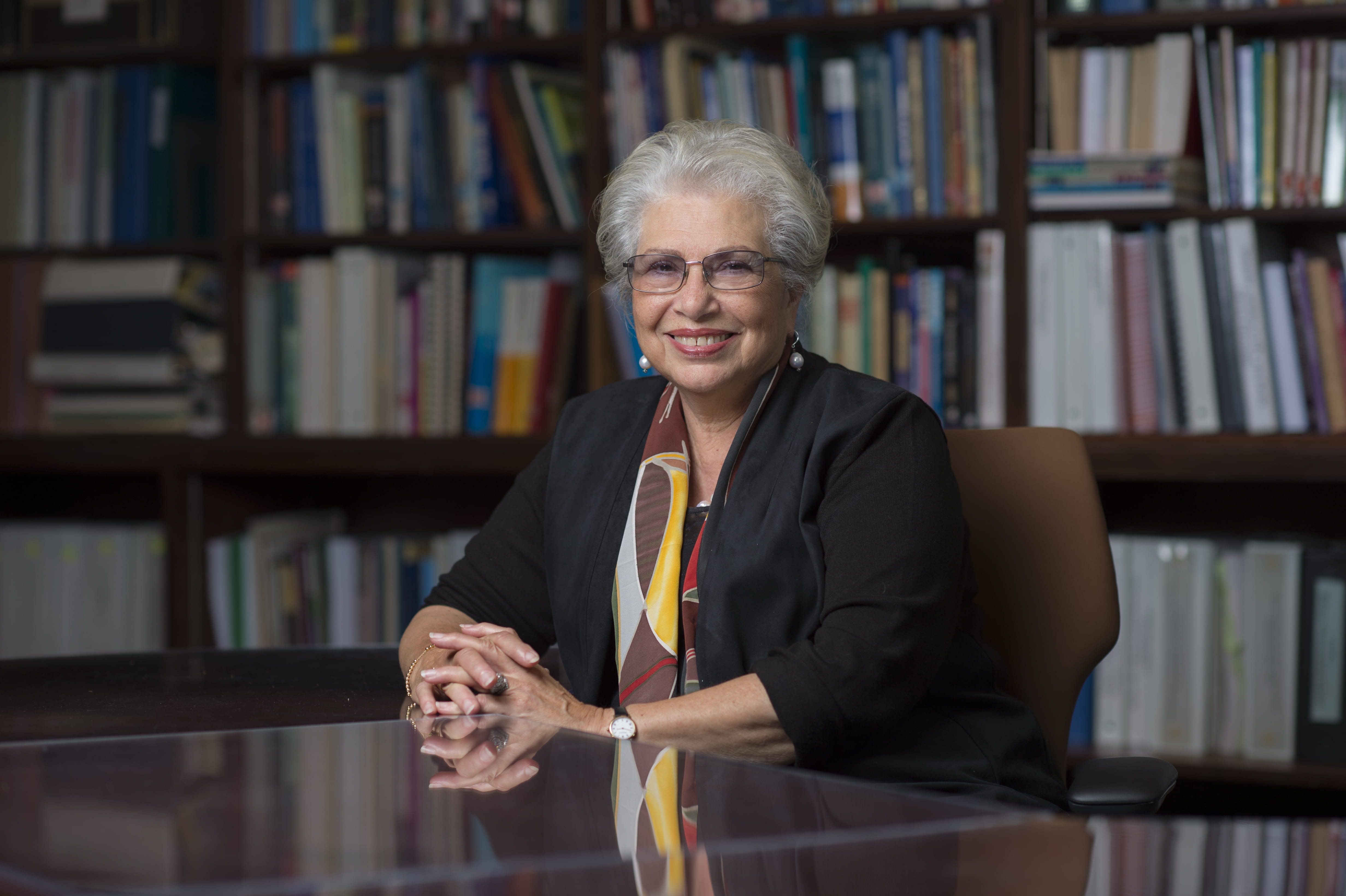UCI professor wins prestigious Robert Koch Prize for groundbreaking research
Philip Felgner shares annual award for contributions to creation of mRNA vaccines

Irvine, Calif., April 27, 2022 – Philip Felgner, Ph.D., professor in residence of physiology & biophysics at the University of California, Irvine, is one of two scholars to win the prestigious 2022 Robert Koch Prize for fundamental contributions to the transfer of nucleic acids into cells. This pioneering technology for treating infectious diseases played a crucial role in developing the messenger RNA COVID-19 vaccines.
“This award is a great honor that I share with my team in appreciation of their dedication and commitment over the years,” said Felgner, who directs UCI’s Vaccine Research and Development Center. “Messenger RNA technology holds great promise for creating preventive vaccines that will help avoid future pandemics and fight HIV and other infectious diseases. It also offers possibilities for treating cancer and Alzheimer’s disease and correcting genetic disorders such as sickle cell disease.”
He will share the prize with Dr. Drew Weissman, a professor in the University of Pennsylvania’s Perelman School of Medicine.
In announcing the prize recipients, the Robert Koch Foundation cited Felgner’s work in “the development of lipofection, a technology in which active ingredients are packaged in so-called liposomes, i.e., surrounded by a membrane that resembles the cell membrane. On contact with a cell, the membranes of the liposome and the cell fuse. This is how the active ingredient is introduced into the cell. … Liposome technology is not only the basis of modern mRNA vaccines, but also widely used in basic research and is a key technology in medicine for introducing active substances into cells.”
Felgner said, “For many years, hundreds of motivated scientists stayed committed to the belief that one day nucleic acid vaccines would mature and benefit global health. The lipid nanoparticle mRNA vaccines are a realization of that dream.”
The $130,000 (120,000 euros) prize is one of the most important scientific research awards in Germany. It will be bestowed during a formal ceremony Nov. 11 at the Berlin-Brandenburg Academy of Sciences and Humanities, in Berlin. The event, which begins at 4:30 p.m. Central European Time, will be streamed on LinkedIn at https://www.linkedin.com/company/robert-koch-stiftung and on Twitter at https://twitter.com/RKStiftung.
About UCI’s Brilliant Future campaign: Publicly launched on Oct. 4, 2019, the Brilliant Future campaign aims to raise awareness and support for UCI. By engaging 75,000 alumni and garnering $2 billion in philanthropic investment, UCI seeks to reach new heights of excellence in student success, health and wellness, research and more. The School of Medicine plays a vital role in the success of the campaign. Learn more by visiting https://brilliantfuture.uci.edu/uci-school-of-medicine.
About the University of California, Irvine: Founded in 1965, UCI is the youngest member of the prestigious Association of American Universities and is ranked among the nation’s top 10 public universities by U.S. News & World Report. The campus has produced five Nobel laureates and is known for its academic achievement, premier research, innovation and anteater mascot. Led by Chancellor Howard Gillman, UCI has more than 36,000 students and offers 224 degree programs. It’s located in one of the world’s safest and most economically vibrant communities and is Orange County’s second-largest employer, contributing $7 billion annually to the local economy and $8 billion statewide. For more on UCI, visit www.uci.edu.
About the Robert Koch Foundation: The Robert Koch Foundation e.V. is a nonprofit foundation for the promotion of medical progress, founded in 1907 and based in Berlin. It promotes basic scientific research in the field of infectious diseases as well as exemplary projects to solve medical and hygienic problems. Every year, the foundation awards several high‐ranking scientific prizes: the Robert Koch Prize, which is one of the most important scientific awards in Germany, the Robert Koch Gold Medal, three awards for young scientists and, since 2013, the Prize for Hospital Hygiene and Infection Prevention.
Robert Koch (1843‐1910), after whom the prize is named, founded modern bacteriology. For this he received the Nobel Prize for Medicine and Physiology in 1905. Koch headed the Institute for Infectious Diseases in Berlin from 1891 until his retirement in 1904.
Media access: Radio programs/stations may, for a fee, use an on-campus ISDN line to interview UCI faculty and experts, subject to availability and university approval. For more UCI news, visit news.uci.edu. Additional resources for journalists may be found at communications.uci.edu/for-journalists.


